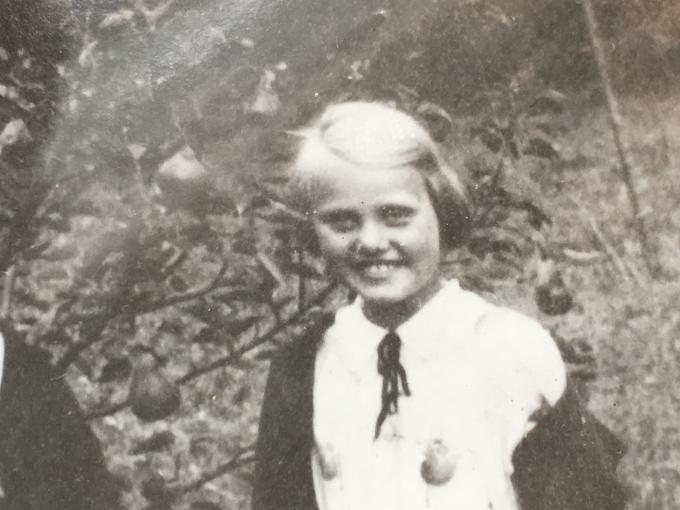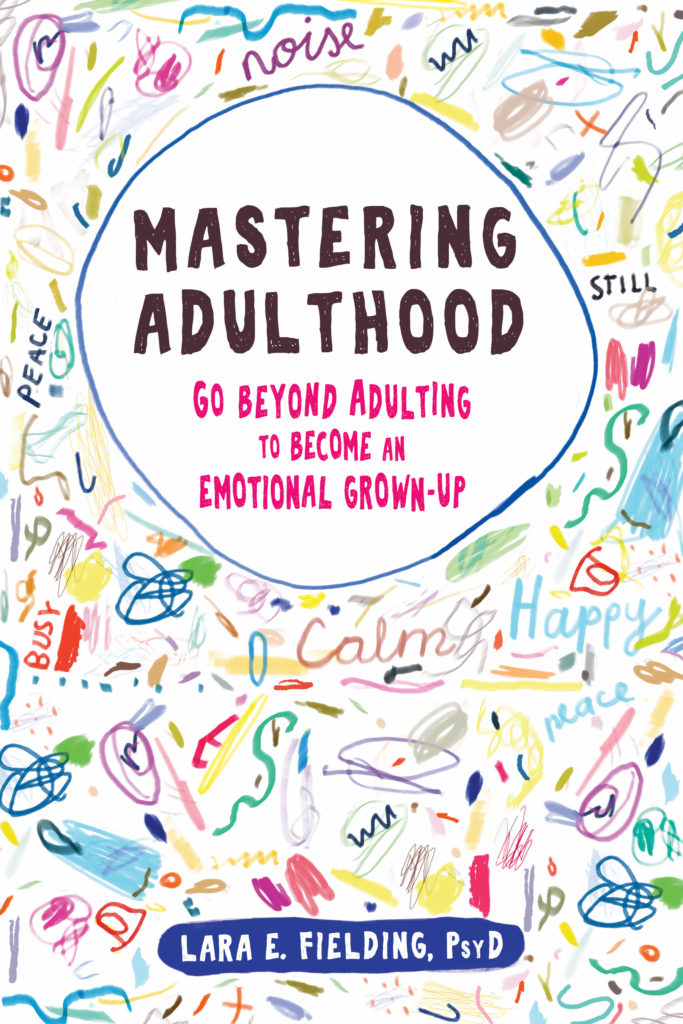The tension had been brewing to a boiling point the day the Nazis came to collect young Elizabeth and her older sister. Dressed and packed with their best things, the trip began almost as an adventurous escape from the abusive constraints of their dictator father. Little did she know, this was the beginning of the long road of resilience.
Why do some of us thrive in the face of stress, and others struggle? How might we promote resilience in ourselves and those we love? These are the questions I have sought to answer as a Clinical Psychologist.
My (future) mother in law is an icon of resilience! Tati, as her loved ones call her, has survived three dictators: her father, Hitler, and Fidel Castro.
So when the Huffington Post launched it’s new #TalkToMe video series, with the aim of sparking meaningful conversations between parents and children, I jumped at the chance to talk with Tati about her views on the subject.
I asked Tati to talk to me about resilience and her own skillfulness in the face of the many stressors in her life.
Resilience is Coping Everyday
For Tati, resilience came from coping everyday. Growing up in an abusive family environment, she learned early that she could not let herself fall apart. She set about making herself useful by helping with tasks, like managing the family budget, to ensure her survival.
The Wisdom: Those who know and love Tati know she is more like a Castle Person when it comes to coping with stress. When the environment is not safe, we all need effective defenses to keep going. Sometimes, being tough is the best thing you can do to survive! At 90 Tati continues to stay busy, making brownies and cooking for her children, grand children and great grand children.
Resilience is being Courageous
Tati watched the mistakes of her sister and learned to be courageous. She did not allow fear to prevent her from promoting herself to the Nazis to work in the kitchen. Once there, she could collect small bits of food to redistribute as she could!
The Wisdom: Tati had a natural ability to use her assertiveness skills rather than a more passive ‘hope for the best’ approach. Sometimes we have to be brave and risk failure to get our needs met. Tati has what we call an internal locus of control. If she wants something, she goes out and gets it!
Resilience is Accepting that Life is Difficult
But Tati’s underlying wisdom has come from her acceptance that life is difficult. She frequently expresses surprise that others consider her resilience to be different, or special in some way. “Of course its not easy, life!” she says. “But you can make it easier on yourself.”
Tati describes a day in the camps, when she stumbled upon an old fountain in a square near her area of the camp. It no longer worked of course, but “it was nice to look at.” “I refused already then to forget to search for the positive.”
The Wisdom. Tati can be an inspiration to all of us to accept reality on realities terms and do what we can to build our resilience. If we begin with the assumption that life is difficult, we are in a position to make it better. This means doing the hard work of self-care and skillfulness.
Tati continues to foster her resilience with regular walks and yoga exercises. She maintains her engagement with her loved ones, and keeps her mind sharp by reading and staying current with the news.
Resilience is Honoring Loss with your Feelings
But Tati is not all bravery and acceptance of the difficult. In intimate moments she will tell you that she has never ‘gotten used to’ the loss. Few of us have been faced with as much loss as Tati. The list of relatives and loved ones in long. Like all of us, when she has opened her heart, and then lost, the pain has been the worst.
In Theresienstadt a young cellist found her crying in the square. Her ‘prince charming’ wiped her tears, and she fell in love. But it was only a short time later that he was chosen to for transport to Birkenau. Tati volunteered to be transported as well, but was sent to Auschwitz instead (Yes, sometimes assertiveness can backfire, particularly when it is driven by love).
Shortly before I met Tati, she suffered another devastating loss of a beloved grandson, Michael, in a car accident. I asked her, “How do you manage to honor such a loss Tati?”
The Wisdom.
“I honor them with my feelings. There you have to be really resilient. . . It is true, because I believe that every person that is taken from us, is taken, but there is something left behind. There is the spirit. There is something that we call the soul, if it exists I don’t know. But there is the memory of the person. What I felt, I still feel.”
The Practice: Summoning Your Inner Tati!
It is true that Tati tends to rely more heavily on her change skills than her acceptance skills. But when I feel like life is getting the best of me, I think of Tati. Resilience may be something you naturally have more or less of. But it is also something you can build with self-care and skillfulness!
Next time the stress in your life gets heated, and you are feeling overwhelmed, practice summoning your inner Tati:
• Raise up that Castle wall.
• Don’t just wait for things to come to you, use your assertiveness skills to get what you need.
• Take good self care and check your thought habits.
• And honor your losses with willingness to feel your feelings
If you would like to learn more self-help skills to build your resilience and self-mastery, sign up for the Mindful-Mastery Skills Weekly here. Or follow me on Facebook, Twitter, or Instagram!


